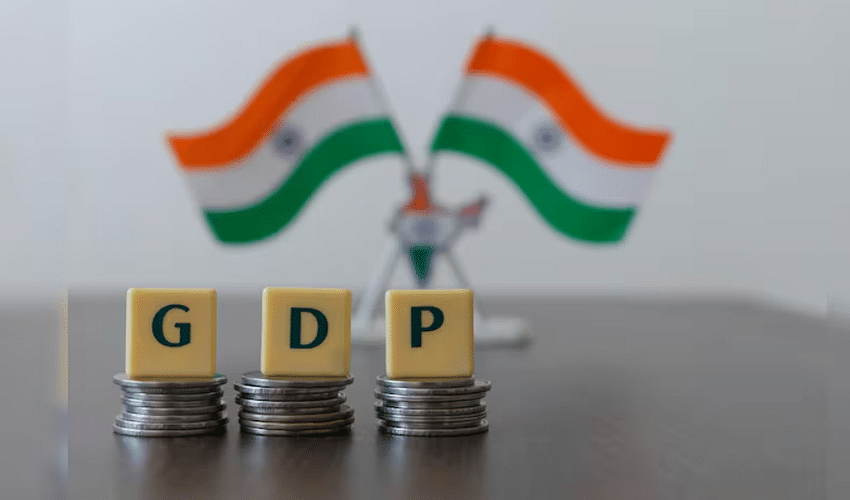Economy
The United Nations has lowered India's GDP growth forecast for 2025 to 6.3 per cent, though it still acknowledges strong economic momentum.

India's economic growth forecast for 2025 has been slightly lowered to 6.3% by the United Nations, down from an earlier estimate of 6.6%. Despite this downward revision, India continues to be one of the fastest-growing major economies, bolstered by steady domestic consumption and robust government investment. The UN’s latest mid-year update of its "World Economic Situation and Prospects" report highlights these strengths even amid broader global economic uncertainties.
At a press briefing, Ingo Pitterle from the UN's Department of Economic and Social Affairs emphasized that India’s growth will continue to be fueled by resilient private consumption, strong public investment, and solid performance in services exports. Although trade-related tensions and new U.S. tariffs are expected to put pressure on India's merchandise exports, key sectors like pharmaceuticals, electronics, energy, and semiconductors—currently exempt—could help cushion the blow.
India’s projected 6.3% GDP growth in 2025 follows an estimated 7.1% expansion in 2024. For 2026, the growth outlook is marginally higher at 6.4%. Inflation is also expected to ease, from 4.9% in 2024 to 4.3% in 2025, staying within the Reserve Bank of India's target range. This easing has enabled the RBI to begin cutting interest rates in 2025 after maintaining a steady policy rate of 6.5% since early 2023.
The report also notes that India’s labor market remains stable, though persistent gender gaps in employment highlight the need for more inclusive workforce participation. On a broader scale, the global economy faces mounting challenges. Global GDP growth is forecast to slow to 2.4% in 2025, down from 2.9% in 2024 and below earlier projections. Heightened trade tensions, increasing tariffs, and uncertain economic policies are contributing to this slowdown, which is impacting both developed and developing nations.
The U.S. economy is expected to decelerate sharply from 2.8% in 2024 to 1.6% in 2025, largely due to trade frictions and declining private investment. China's growth is forecast to drop to 4.6%, affected by weak consumer confidence, manufacturing disruptions, and persistent real estate sector woes. Other major emerging economies—such as Brazil, Mexico, and South Africa—are also seeing their growth prospects diminish due to falling trade volumes, reduced investment, and declining commodity prices.
UN Under-Secretary-General Li Junhua warned that rising tariffs and weakening global trade are especially harmful to vulnerable developing countries. These nations are already struggling with high debt levels and limited fiscal space, making it harder to fund sustainable development and social programs. The report stresses the importance of revitalizing global cooperation and the multilateral trading system. Strengthening international rules and offering targeted support to struggling economies will be crucial in addressing inequality, promoting job creation, and ensuring long-term inclusive growth.



